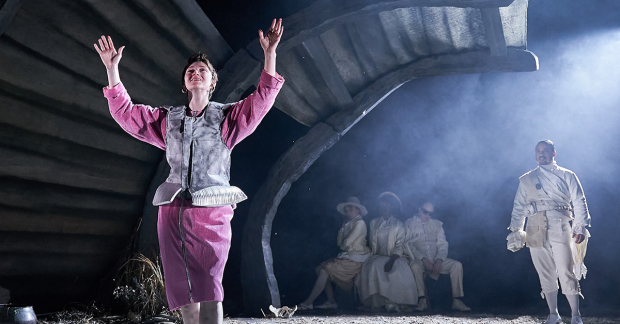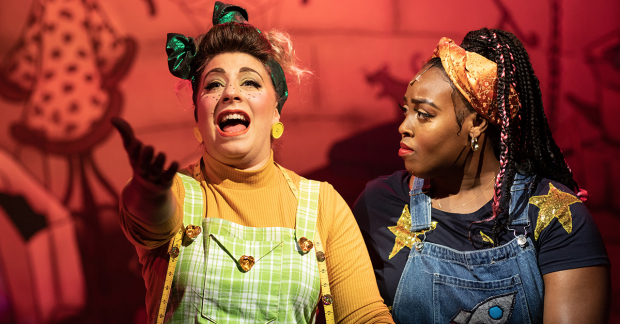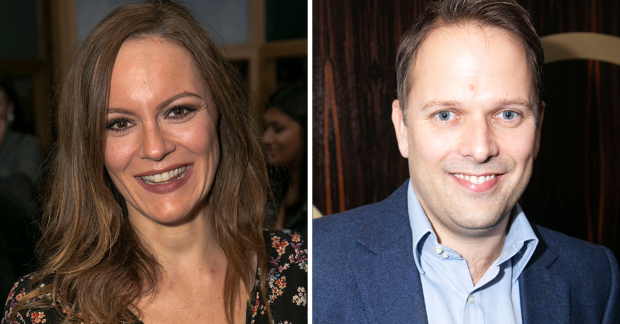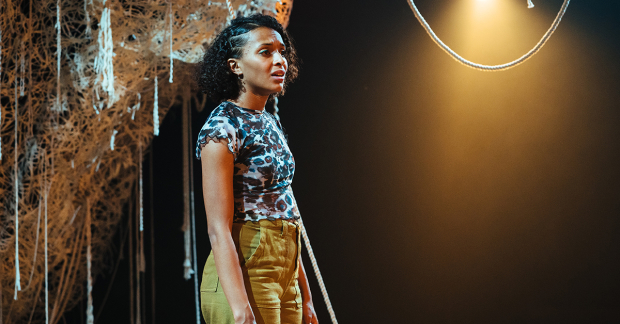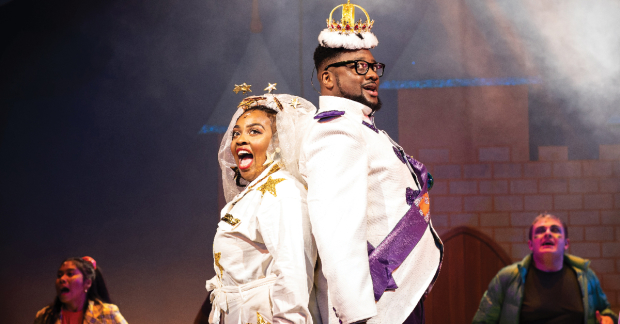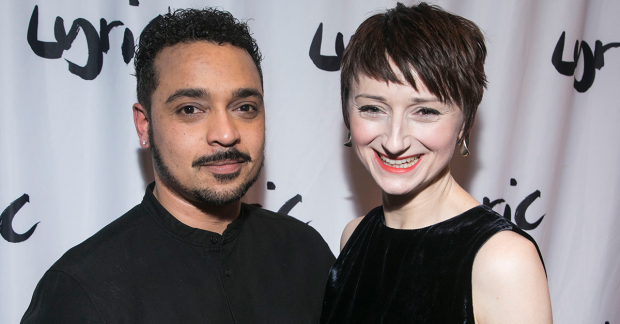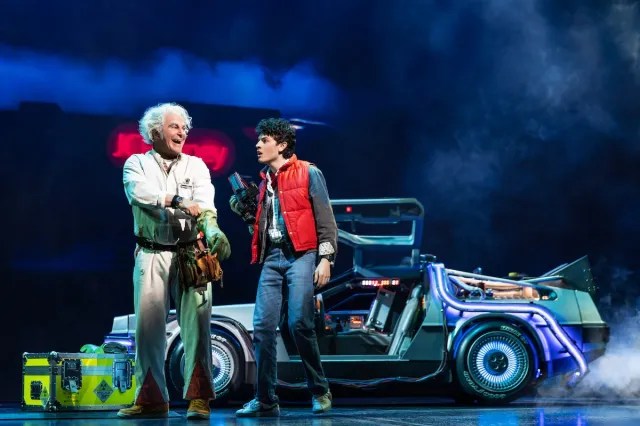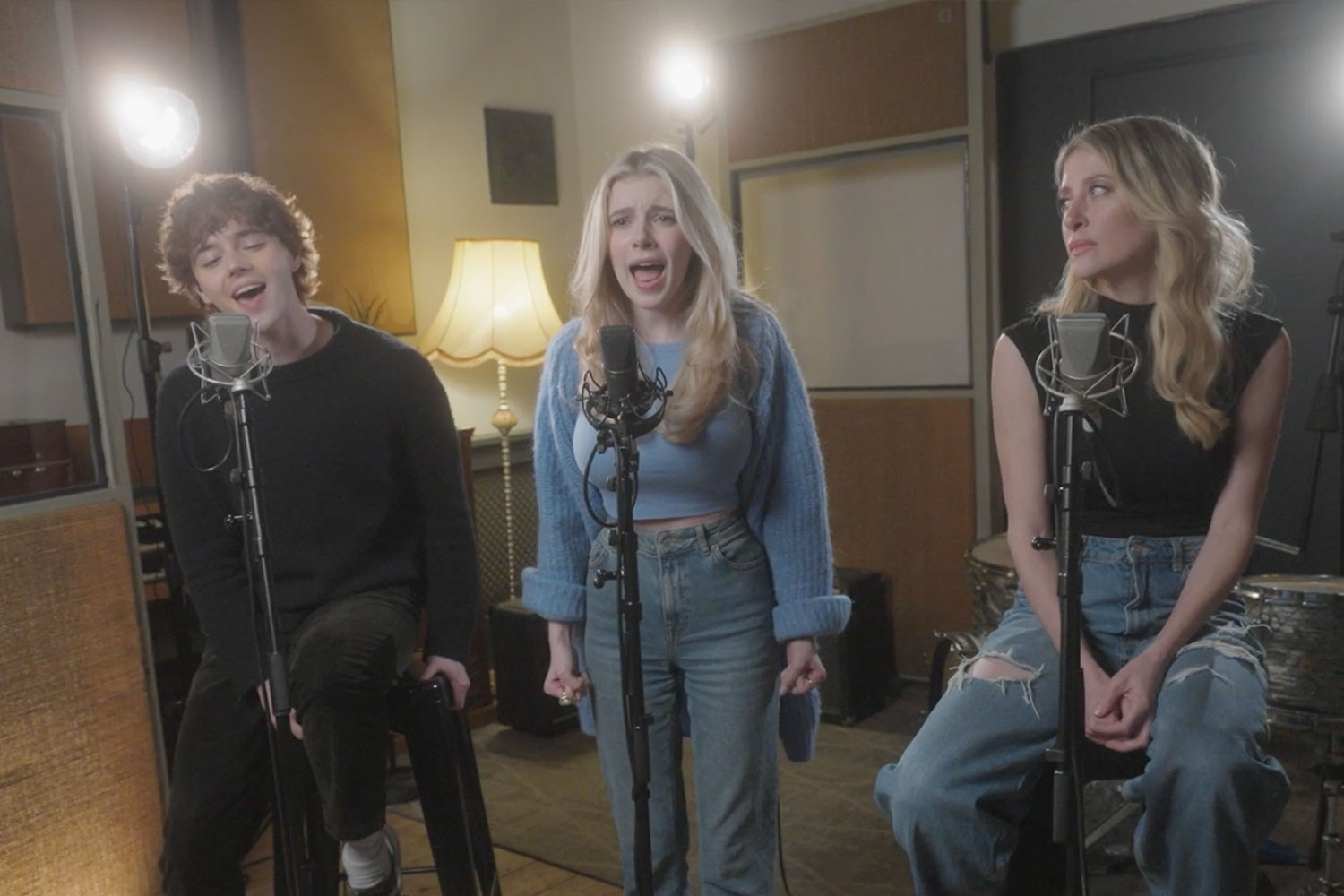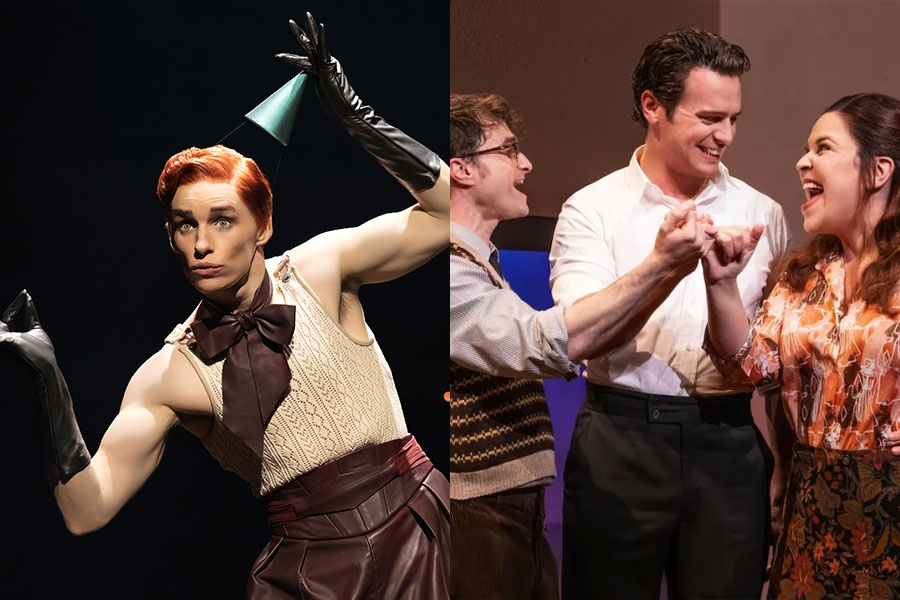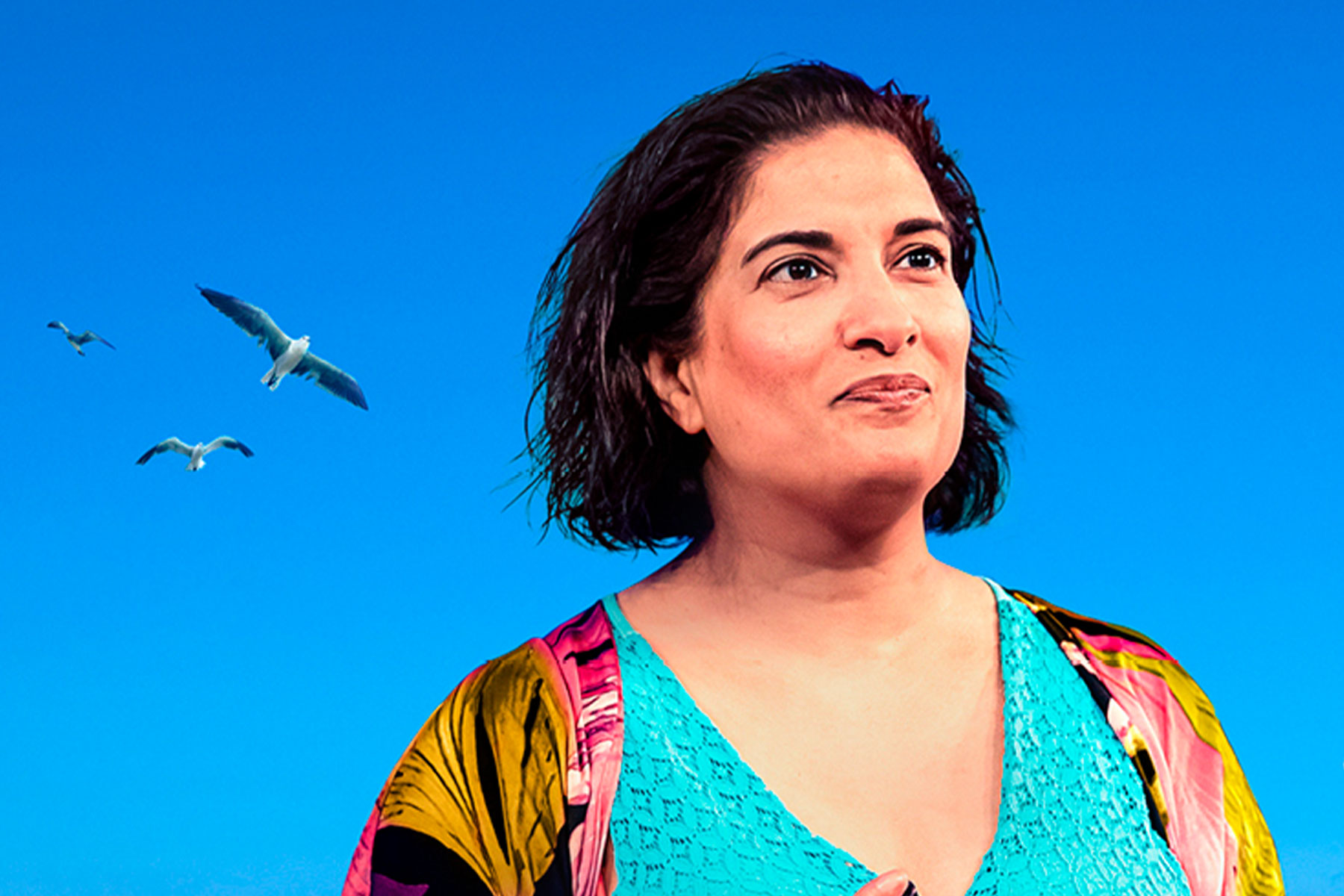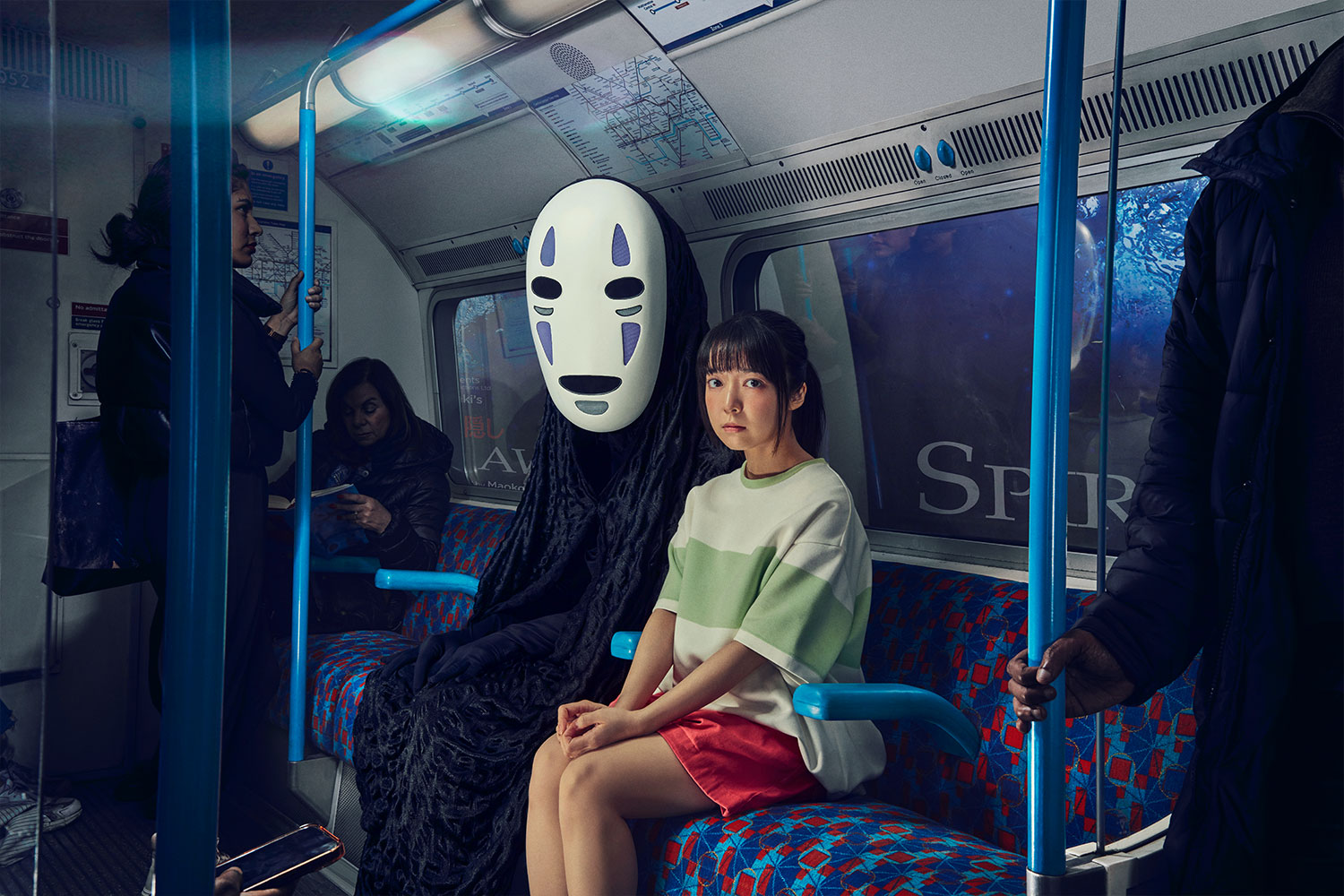Rob Lehmann: So you want to be a director of young people in theatre?
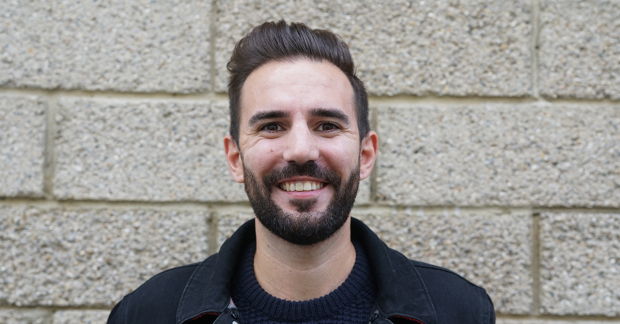
© Lyric Hammersmith
Cutting it in the theatre world is a mean feat, and as such, we're asking some industry professionals to give us tips and thoughts on how to grow careers in their chosen field. Today's interviewee is Rob Lehmann – Lehmann's first project as director of young people at the Lyric Hammersmith will be their emerging talent festival, Evolution, which runs at the venue from 11 to 14 February.
1) Can you introduce yourself?
My name is Rob Lehmann and I have been the director of Young Lyric – at the Lyric Hammersmith Theatre – for about a month now.
2) When did you know that you wanted to be a director of young people?
From a young age, I was interested in the arts… but I didn't really know what careers were available other than acting. I was lucky that, during the end of my time at Dudley College, we were doing a module on community theatre and that's when I realised I was more passionate about producing art than creating it. After college, I went on to study Drama, Applied Theatre and Education at the Royal Central School of Speech and Drama. From then on I realised I wanted to produce and work with emerging individuals and participatory groups as I found their stories the most interesting to see on stage.
3) What was the first project you worked on?
The first community project I worked on was The Sound of Yellow, a community show at the Young Vic, directed by Matthew Xia. We worked with a range of predominantly older people who formed a community company – this included people who were recovering from addiction; almost all of whom had never stepped foot in a theatre before.
4) Who helped you during the early part of your career?
Loads of people. Some key names who are influential in my career are David Wilson – who was my college tutor and introduced me to CSSD – and three other people in particular: Imogen Brodie, head of creative development at Sonia Friedman Productions, Kirsten Adam and Georgia Dale who both introduced me to the Young Vic's Taking Part department.
5) What advice would you give to your younger self?
As exciting as theatre is, make sure you spend time with friends and family outside the industry – those relationships are vital as you grow, both for your wellbeing and in helping you keep perspective on where your work actually sits within the world.
6) What advice would you give to anyone wanting to be a director of young people?
Listen to young people. They know what they want and they're definitely on the pulse. Collaborate with them and spend time in their environment – and remember that you were once young! Tap into your youthful energy and try and see things as if they are for the first time.
7) What resources proved most valuable to you during your early career?
Rather than resources, I would say access. I'm not from London so being able to move here and shadow practitioners or directors that were already working within youth theatre or young companies was a great opportunity for me to understand their practice.
8) What mistakes do you think are the easiest to make when starting out?
A lot of the time we think about making theatre with young people, but we don't think about supporting the artists creating the work with them in the same way… and actually, in these types of roles, your responsibility is to support the artists as much as the young people. Sometimes getting that balance can be hard – but you should always support the artists and young people equally.
9) What would you say is the most rewarding aspect of your job?
Seeing young people at the forefront of our industry and seeing their potential as future key players.
10) What would you like to see in future generations of directors of young people?
There needs to be clearer pathways to move from participant to professional. Rather than it just being this ad hoc, "I know you, here's a role for you", there needs to be clear-cut pathways and tangible routes for young people to move from participant to professional, and at the moment they're few and far between.



